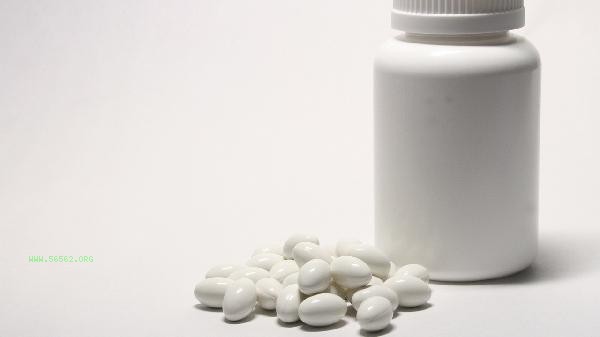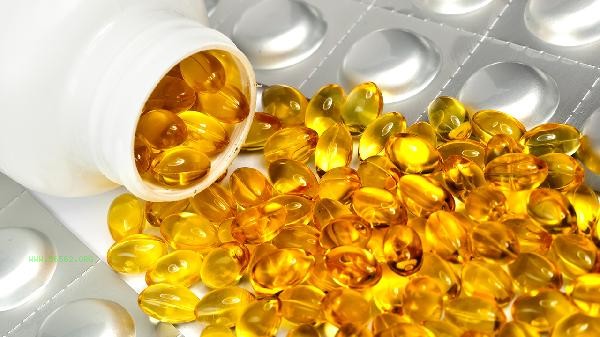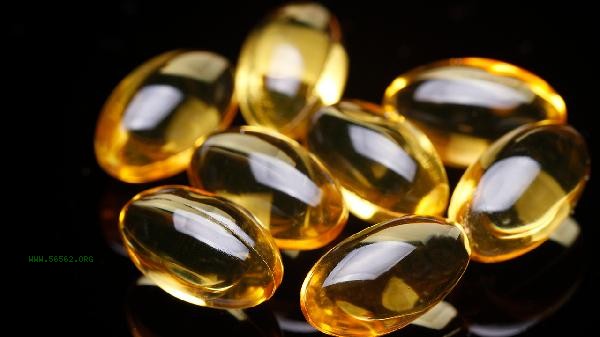Vitamin B2, also known as riboflavin, is an essential water-soluble vitamin that maintains energy metabolism and cell growth in the human body. It mainly participates in redox reactions, promotes skin and mucosal repair, and protects visual health.

1. Energy Metabolism
Vitamin B2, as a component of flavin adenine dinucleotide and flavin mononucleotide, directly participates in the metabolism of sugars, fats, and proteins, helping to convert food into usable energy. When lacking, phenomena such as fatigue and decreased metabolic rate may occur.
2. Mucosal repair
This vitamin plays an important role in the growth and repair of skin and mucosal tissues, and can maintain the integrity of epithelial cells in the oral cavity, digestive tract, and other areas. Long term deficiency may lead to mucosal lesions such as angular stomatitis, cheilitis, or glossitis.
3. Vision Protection
Vitamin B2 plays a positive role in preventing cataracts and alleviating visual fatigue by participating in the glutathione reductase system, reducing corneal photooxidative damage. Night workers or long-term eye users should pay attention to supplementation.

4. Antioxidant synergy
As a coenzyme of glutathione reductase, vitamin B2 can help regenerate the antioxidant substance glutathione, and work together with vitamin C and vitamin E to eliminate free radicals and delay cellular oxidative damage.
5. Red blood cell production
participates in iron metabolism and hemoglobin synthesis, and has an auxiliary effect on preventing iron deficiency anemia. Maintaining normal hematopoietic function together with vitamin B6 and folate.

Vitamin B2 can be obtained in daily life through dairy products, eggs, lean meat, dark green vegetables, and other foods. It is important to avoid excessive rice washing or prolonged light storage, which can lead to nutrient loss. Special populations such as pregnant women, long-term medication users, or patients with digestive and absorption disorders should be evaluated for the need for supplements under the guidance of a doctor. Maintaining a balanced diet can usually meet the body's needs, and excessive supplementation may cause temporary symptoms such as yellowing of urine, but generally does not cause accumulation poisoning.



Comments (0)
Leave a Comment
No comments yet
Be the first to share your thoughts!